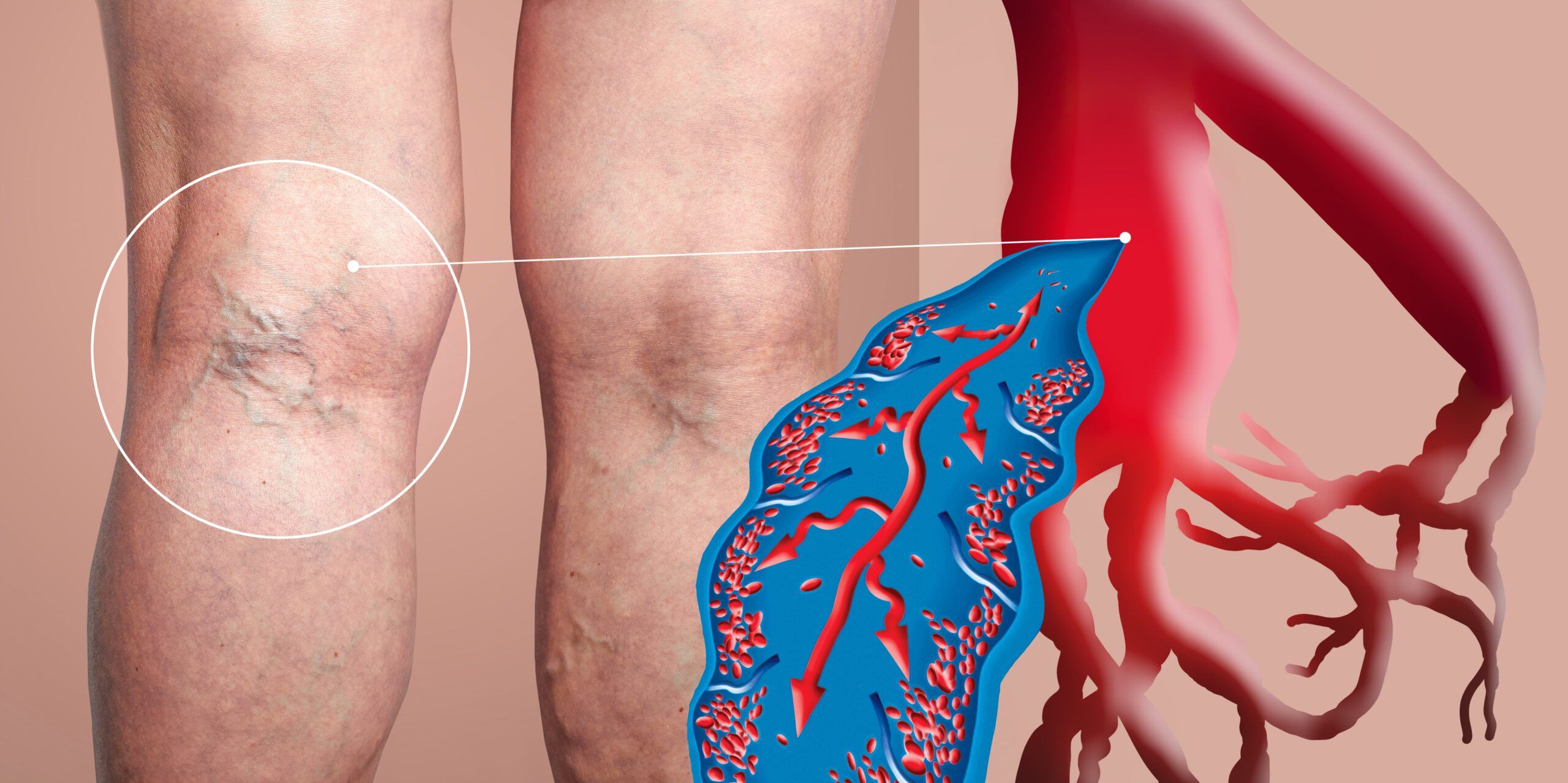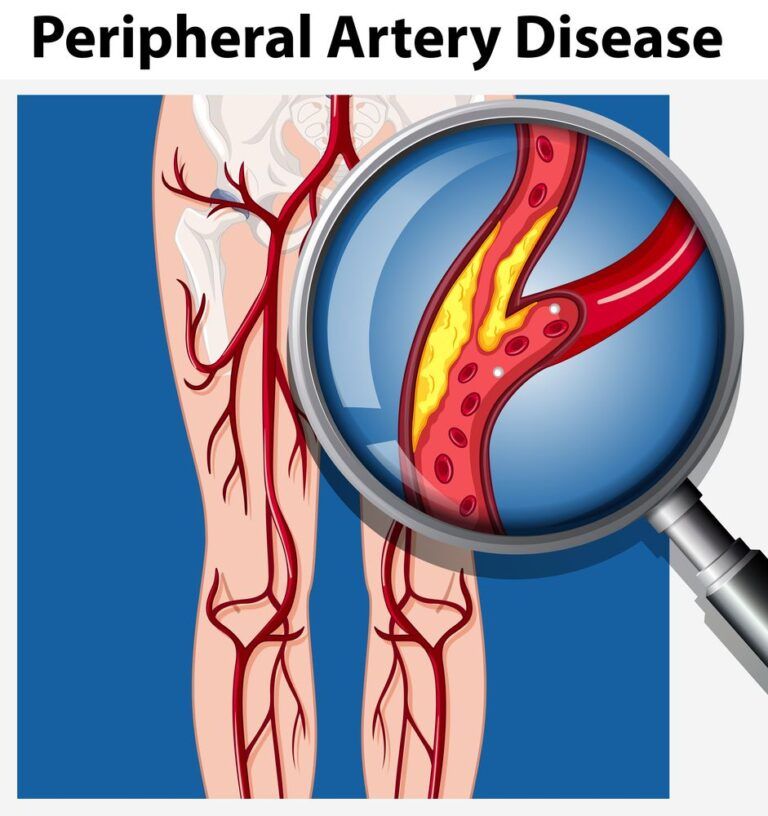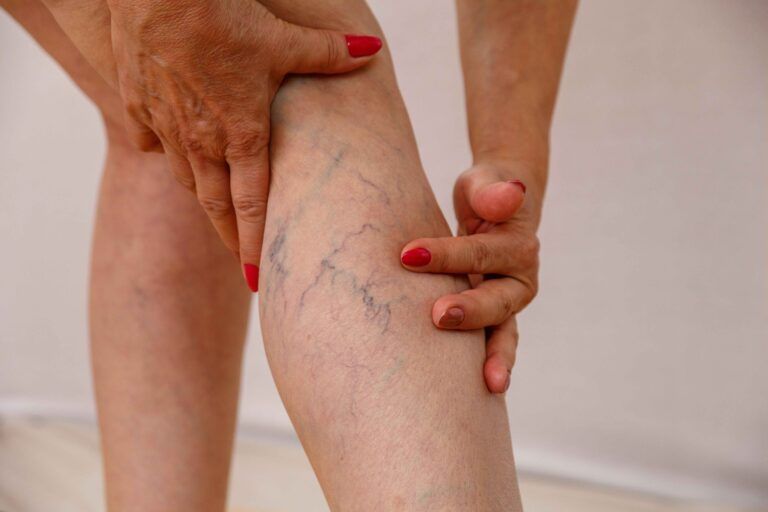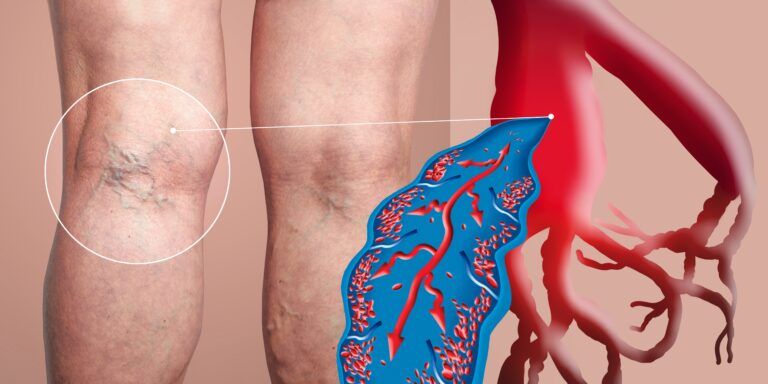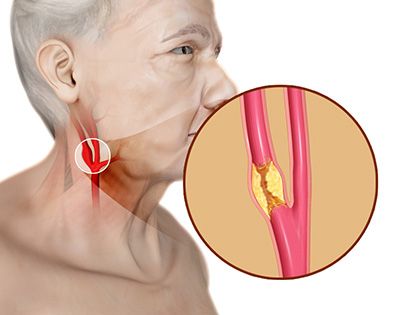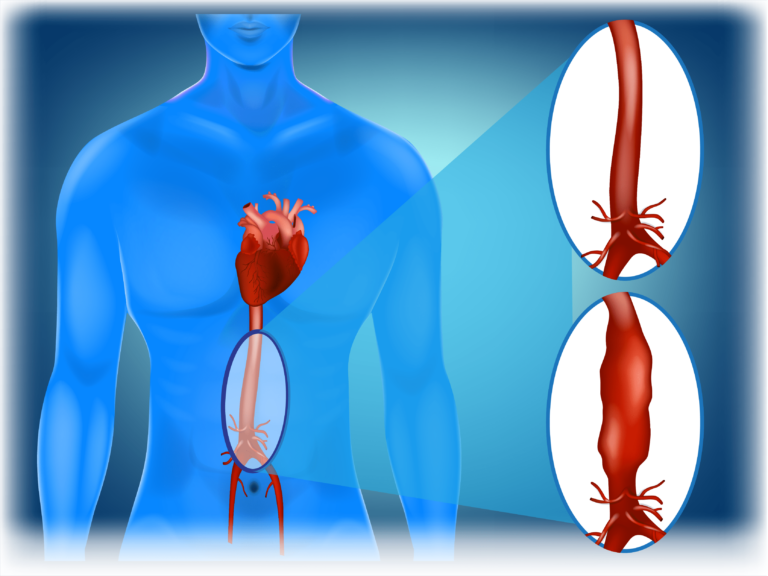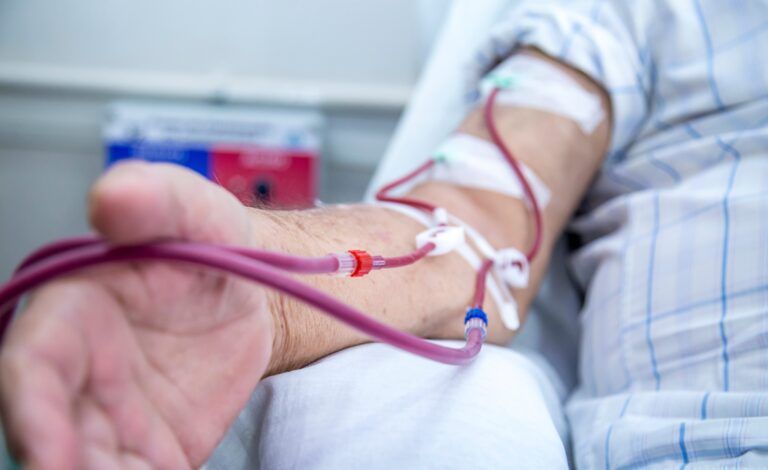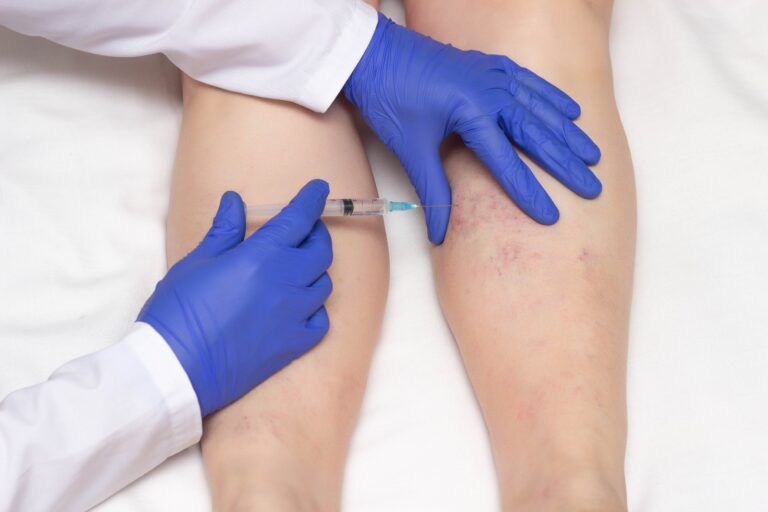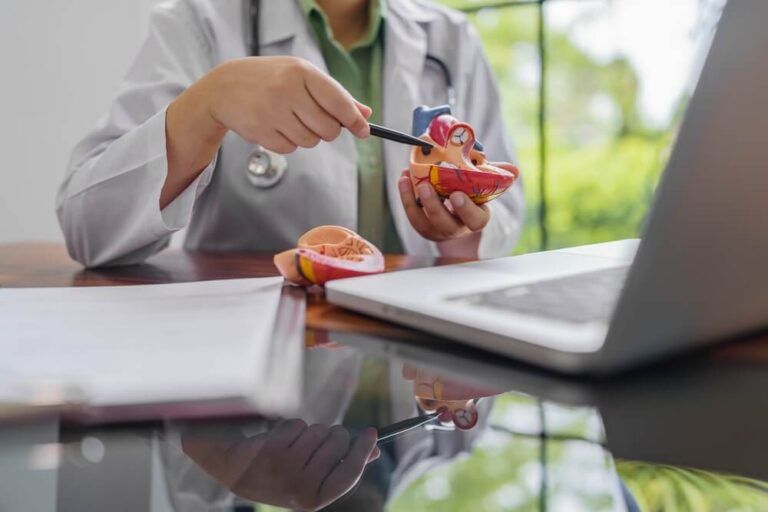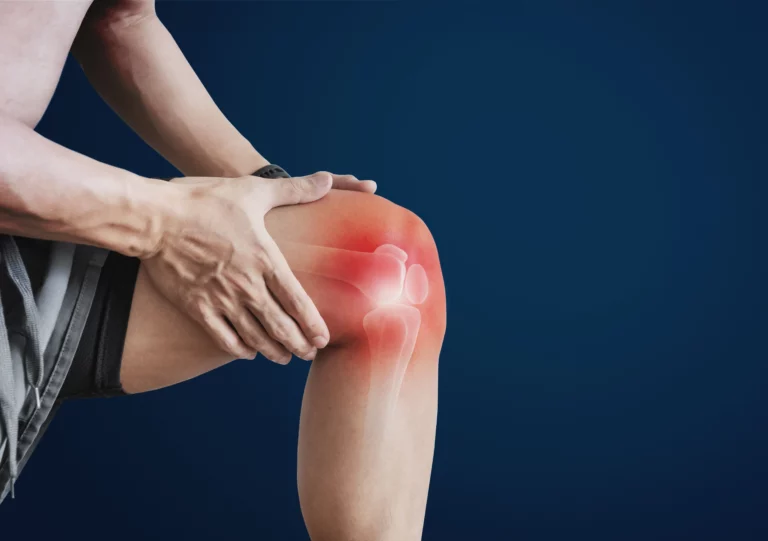Deep vein thrombosis (DVT) may have symptoms that appear gradually or cause sudden, severe leg pain. No matter how or when they appear, scheduling an immediate appointment with Christopher Pollock, MD, at Apex Vascular in Lenoir City, Knoxville and Crossville, Tennessee, is essential. Early treatment for DVT does more than ease your symptoms. It restores normal blood flow and prevents serious complications like pulmonary embolism. If you need help managing DVT, request an appointment online or call the office today.
What is deep vein thrombosis?
Thrombosis refers to a blood clot. If you have DVT, the blood clot occurs in veins located deep in the center of your leg.
You can develop DVT if the blood flow slows down, the vein wall is damaged, or you take medications that thicken your blood. Risk factors for DVT include:
- Prolonged inactivity (sitting for a long time or being on bed rest)
- Vein damage due to an injury
- Blood clotting disorders
- Hormone-containing medications
- Smoking
- Obesity
- Diabetes
- Pregnancy
- Hip or leg surgery
- Chronic inflammatory disease
You’re also more likely to develop DVT if you have a family history of blood clots.
What symptoms occur due to deep vein thrombosis?
DVT primarily causes leg pain and swelling. You may also notice redness, warmth, or tenderness in your calf.
The blood clot may limit blood flow through the vein, causing a condition called chronic venous insufficiency. Chronic venous insufficiency causes varicose veins and skin rashes or a non-healing ulcer in your lower leg.
Why is deep vein thrombosis a life-threatening condition?
DVT becomes a life-threatening emergency if the blood clot breaks away from the vein, travels through your bloodstream, and gets caught in your lungs. This condition, called a pulmonary embolism, stops blood from flowing through your lungs to your brain and heart.
The symptoms of a pulmonary embolism include shortness of breath, sudden chest pain, and a blood-producing cough. If you have signs of a pulmonary embolism, call 911 immediately.
How is deep vein thrombosis treated?
Dr. Pollock performs ultrasound imaging to see the vein and identify a blood clot. Then he recommends one of the following treatments:
Blood thinners
These medications stop an existing blood clot from getting larger and prevent future clots from developing.
Thrombolytics
Thrombolytics are medications that dissolve the blood clot. Dr. Pollock may give you the medication intravenously or through a catheter. When using a catheter, he guides it through the vein to the blood clot and then releases thrombolytics through the catheter.
Inferior vena cava filter
Dr. Pollock may recommend implanting a small filter into the inferior vena cava, a large vein in your lower abdomen. The filter catches pieces of blood clots, preventing them from reaching your lungs.
If you have leg pain or other signs of DVT, call Apex Vascular or request an appointment online today.

